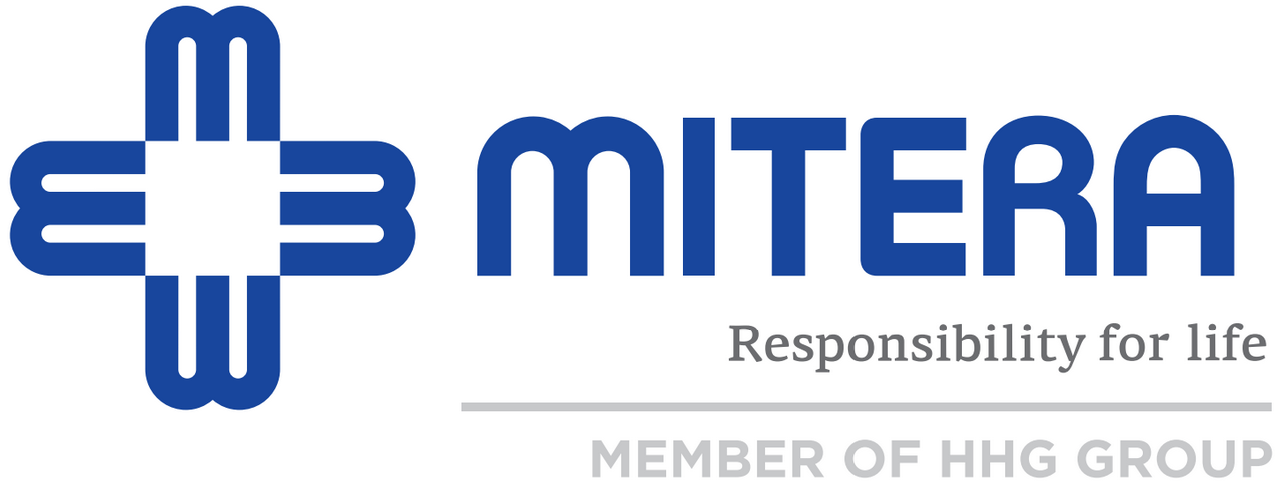Remarkable scientific achievement in Down syndrome diagnosis
MITERA Molecular Biology and Genetics Department has been selected to participate in developing and testing a non-invasive prenatal diagnostic blood test for Down syndrome, thus reinforcing its reputation as one of the largest and most reliable genetic diagnosis centres in Greece.
This new method diagnoses Down syndrome between the 11th and 14th weeks of pregnancy from the foetal DNA circulating in the mother’s bloodstream. The findings of the related study have been published in the scientific journal Nature Medicine. The method was developed by Dr Phillipos Patsalis and his team at the Cyprus Institute of Neurology and Genetics, in association with the Wellcome Trust Sanger Institute in Cambridge, while the research was funded by the EU.
“The significant contribution of MITERA to this venture has facilitated the proper testing of the method,” noted Dr Voula Velissariou, Director of the Molecular Biology and Genetics Department. “All normal and Down syndrome cases were diagnosed successfully, demonstrating that the new diagnostic test is 100% accurate and 100% sensitive. Moreover, the reliability and integrity of the Department with regard to its high diagnostic accuracy over the last 12 consecutive years were pivotal in it being selected for this study. At this stage, we are in the process of conducting a larger-scale clinical study, which is necessary for introducing this new diagnostic test into clinical practice,” concluded Dr Velissariou.
The new non-invasive diagnostic test requires only 10 cc of blood and has plenty of advantages over the invasive diagnostic methods currently employed (e.g. Chorionic villus sampling/CVS or amniocentesis). As a method, it carries no risk of miscarriage, it offers 100% reliable and effective Down syndrome prevention, and it may be implemented relatively easily, as it does not require specialised or sophisticated lab equipment. At the same time, it is affordable and costs less than the current methods being used for the prenatal diagnosis of Down syndrome. Finally, it is very quick, since the results are available in 4-5 days.
Down syndrome is the most common genetic disease impairing cognitive ability, with an incidence rate estimated at 1 per 700 births, while the risk of a child being born with Down syndrome increases significantly for women over 35 years of age.


